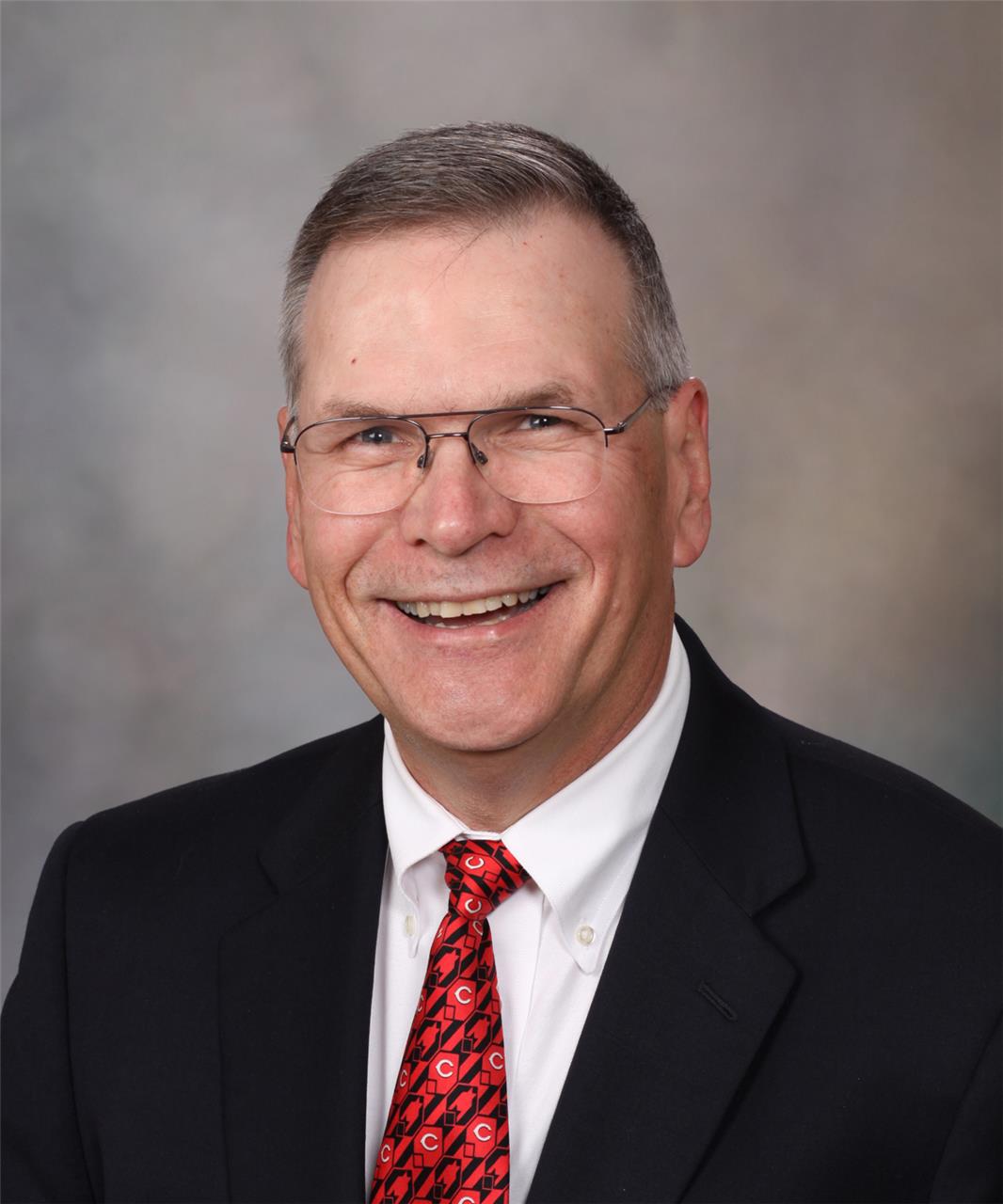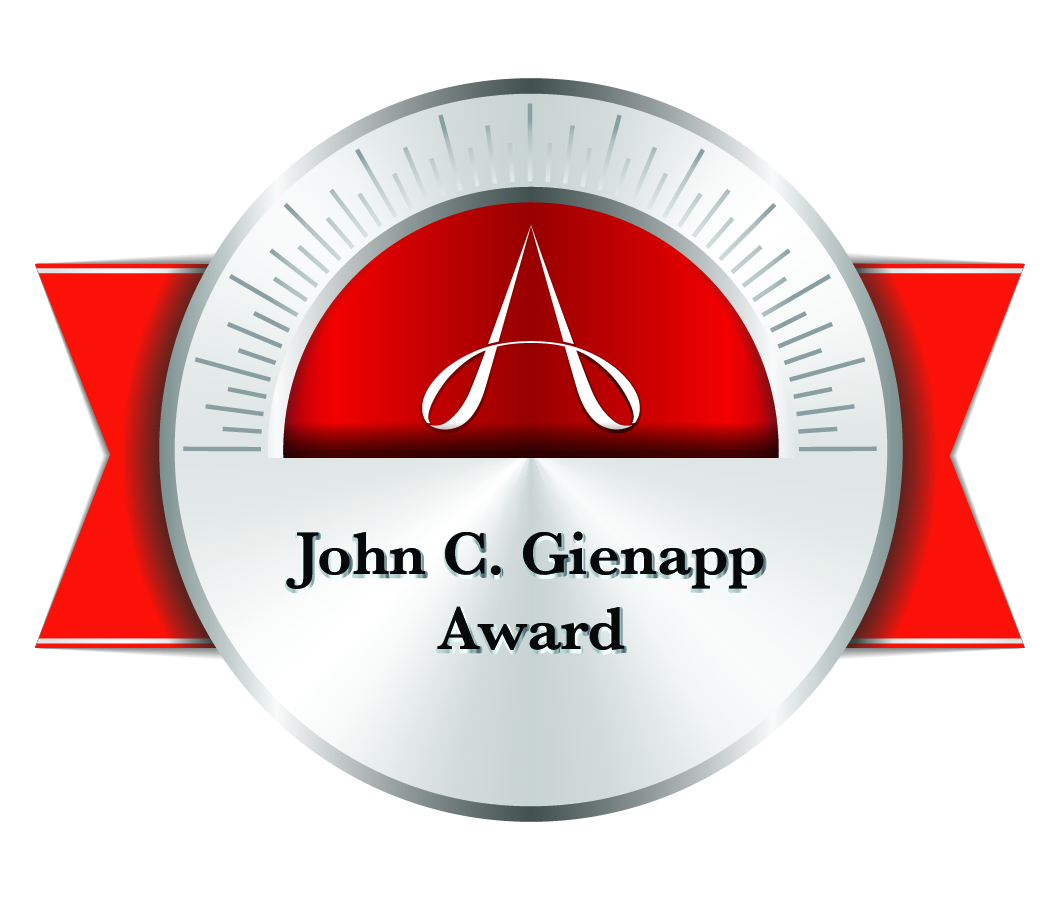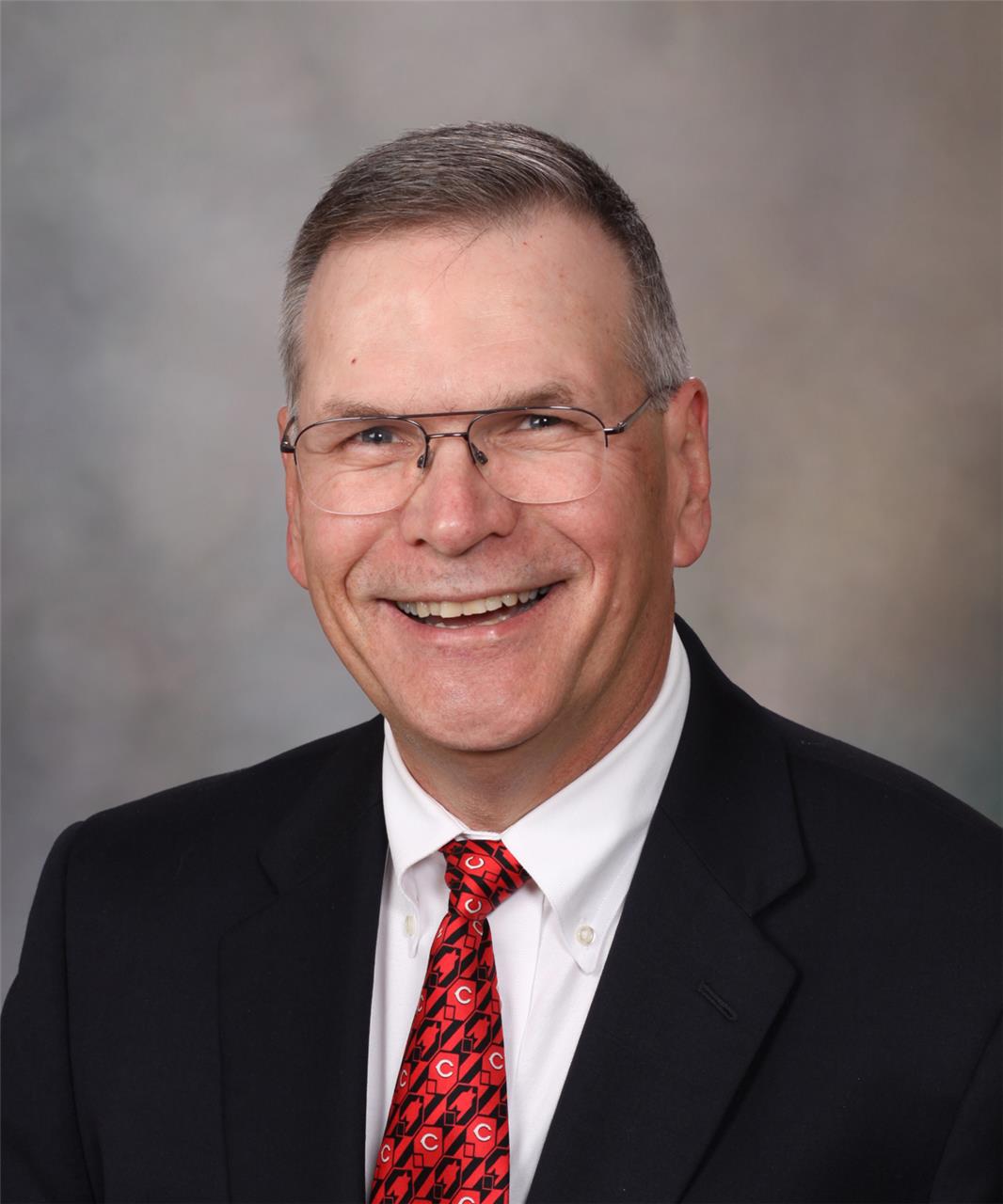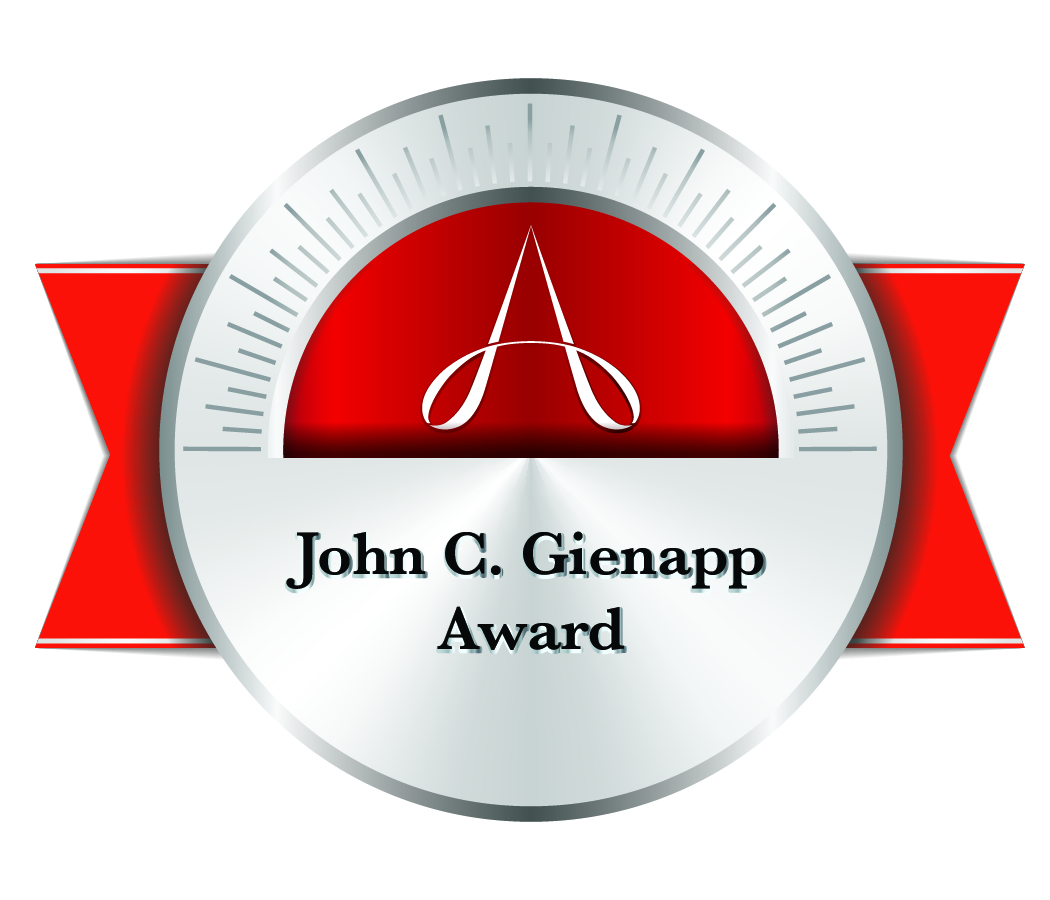This interview is one in a series of interviews with recipients of the 2021 ACGME Awards. The awardees join an outstanding group of previous honorees whose work and contributions to graduate medical education (GME) represent the best in the field. They will be honored at the ACGME Annual Educational Conference, taking place virtually February 24-26.
2021 John C. Gienapp Awardee Henry J. Schultz works as a professor of medicine in primary care internal medicine at the Mayo Clinic School of Graduate Medical Education.
ACGME: How did you become involved in medicine, and in academic medicine specifically?
Schultz: Three years after joining the general internal medicine faculty at Mayo Clinic, I was invited by Dr. Edward Rosenow to assist him in residency administration as an associate program director. Four years later, the chair of medicine, Dr. Robert Frye, asked me to become the program director of one of the largest internal medicine residency programs in the country (144 categorical and 25 preliminary residents). I served in that role for 15 years, during which time over 1,000 residents trained and achieved [American Board of Medical Specialties] ABMS certification.
In 1988 I joined the Council (Board) of the Association of Program Directors in Internal Medicine (APDIM), the largest and oldest program director society. I had the pleasure of serving with some of the giants in internal medicine: Thomas Nasca, Thomas Cooney, Jordan Cohen, Larry Smith, and Holly Humphrey to name just a few. During this time, I collaborated with Carlyle Chan from Milwaukee to found the Organization of Program Directors Associations (OPDA).
While on the APDIM Council, internal medicine program directors became very concerned about the administrative burden of the accreditation process (at that time known as CAAR). I co-chaired a task force that reviewed the existent Program Requirements, and presented detailed recommendations to the ACGME and to the Review Committee for Internal Medicine, including the importance of having more program directors serve on the committee. A few years later I found myself appointed to the Review Committee along with another APDIM past president: Dr. Thomas Nasca! During those six years, we made Program Requirement transparency and innovation in residency administration the top priorities for the Review Committee. Through published FAQs and presentations to core and subspecialty program directors, the rationale and interpretation of these requirements became clearly understood. The feedback that we received from these presentations informed future iterations of the Requirements.
We also launched an ambitious 10-year project called Educational Innovations Project (EIP). By competitive application, 21 of over 400 internal medicine programs were selected to participate. The formula was simple: these programs would be relieved of nearly half of the process-related program requirements, and in turn were expected to trial and error innovations in all aspects of residency administration and teaching. One important element was annual reporting on key performance indicators and outcomes to the Review Committee. From EIP evolved many of the modern structures of residency training, a broad revision of the Program Requirements, and eventually contributed to the conceptualization of ACGME’s Next Accreditation System.
In the years following the Review Committee, I served on the Board of Directors of both the [National Residency Matching Program] NRMP and ACGME. Both tenures provided the opportunity to serve under gifted and unique CEOs: Mona Signer and Tom Nasca. Each organization made significant changes in its policies and procedures, and organizational structures during these years. My prior experiences as a program director and Review Committee member provided valuable insights to inform those evolutions.
ACGME: How do you feel about receiving the Gienapp Award?
Schultz: Undeserving and humbled because of the multiple other individuals more worthy. Grateful, not because of any personal acknowledgments, but rather for the recognition of the impact a lifetime of service to educational administration can have on the world of GME. Early in my career, a program director typically served for three to five years and then moved on to some other career path. The Gienapp Award and other ACGME awards all emphasize that educational administration is a legitimate, recognized, and fulfilling academic career path. Our young faculty members with a passion for education can now be encouraged and mentored to pursue a career in teaching, administration, and educational research in graduate medical education.
ACGME: What do you think is one of your greatest contributions to GME?
Schultz: For nearly 30 years, I have worked to make requirements for graduate medical education more relevant, more transparent, and more effective in shaping the training of the next generation of physicians.
ACGME: You have volunteered with the ACGME in several roles, including as a Review Committee member and Treasurer of the ACGME Board. Why did you decide to participate in and collaborate with our organization?
Schultz: Servant leadership on the national organizations that regulate graduate medical education can make a difference. Change comes slowly and the details matter. But those serving in these positions can have a profound influence on the structure and future of GME. And it is all about the relationships; some of my closest professional friendships have come from service on these organizations. As Treasurer I had the distinct pleasure to work under the mentorship and epitome of servant leadership: John Ogunkeye, ACGME's Chief Financial and Administrative Officer and Executive Vice President, ACGME Global Services.
ACGME: Finally, because we are recognizing your achievement during the virtual Annual Educational Conference, can you tell us how many times have you attended the ACGME Annual Educational Conference, and what has been the most meaningful part for you?
Schultz: I am proud to say that I have attended each and every meeting since its inception. It has been astounding to watch the Annual Educational Conference grow from a relatively small meeting for program directors to a huge assembly that all [designated institutional officials] DIOs, program directors, and coordinators now consider essential for competence in their role.




